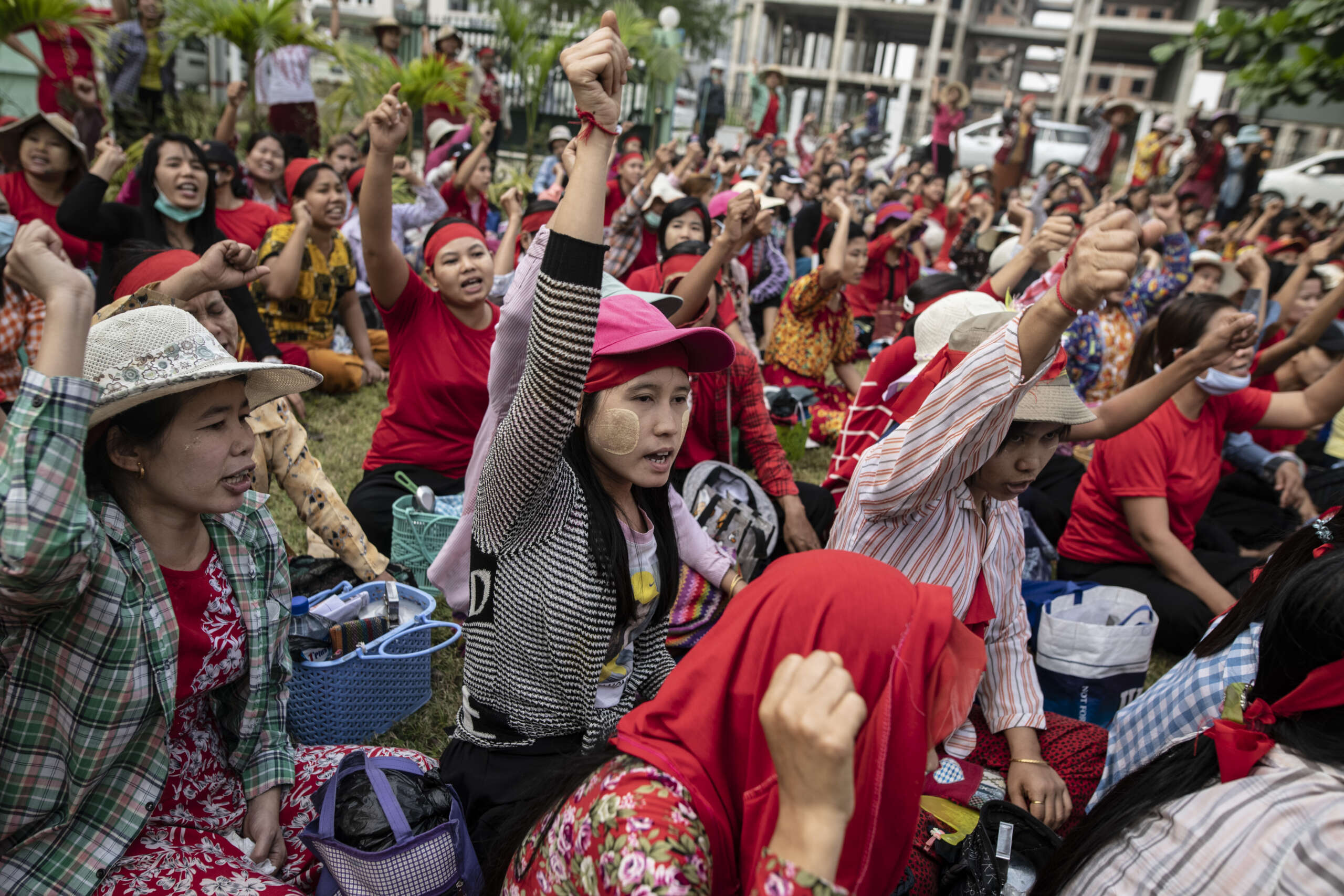
"The Trump administration's sprawling new tariffs took effect in August, and U.S. consumers are starting to feel the heat. The president and his cabinet have said the tariffs will bring manufacturing jobs back to the U.S. and put American workers first. But are these tariff policies a real solution to the "race to the bottom" that has undercut so many U.S. jobs?"
"Even with higher tariffs than those implemented, American workers cannot compete with the current wages in Nike's global supply chain. Many garment workers make Nike products for below $1 per hour in South and Southeast Asia, where the brand's production is concentrated. In the lead up to August, Nike and other U.S.-based garment giants showed little interest in onshoring jobs. Instead, Nike has already begun to pass the cost of tariffs onto working people in the U.S. by increasing prices for consumers,"
"By targeting countries, rather than corporations, Trump deliberately misidentifies the culprits of the global "race to the bottom." Global corporations like Nike have pursued profit at any cost, which has undercut American jobs and pushed countries around the world to compete for industry by offering their citizens' labor to companies like Nike for the lowest possible price. These tariffs don't change that."
The Trump administration's sprawling tariffs took effect in August, raising costs for U.S. consumers. The administration claims the tariffs will revive manufacturing jobs and prioritize American workers. American apparel firms such as Nike cannot compete with current wages in their global supply chains. Many garment workers in South and Southeast Asia earn below $1 per hour where Nike concentrates production. Nike has shown little interest in onshoring and has begun passing tariff costs to U.S. consumers through higher prices. Supplier factories reportedly enforced mandatory overtime and anticipated mass layoffs ahead of the tariffs. Targeting countries rather than multinational corporations fails to address downward pressure driven by corporate sourcing practices.
Read at Truthout
Unable to calculate read time
Collection
[
|
...
]